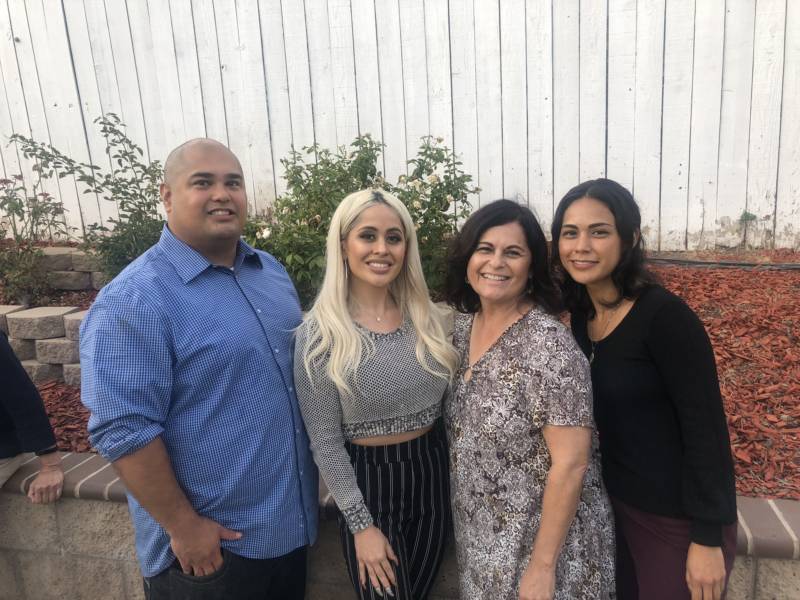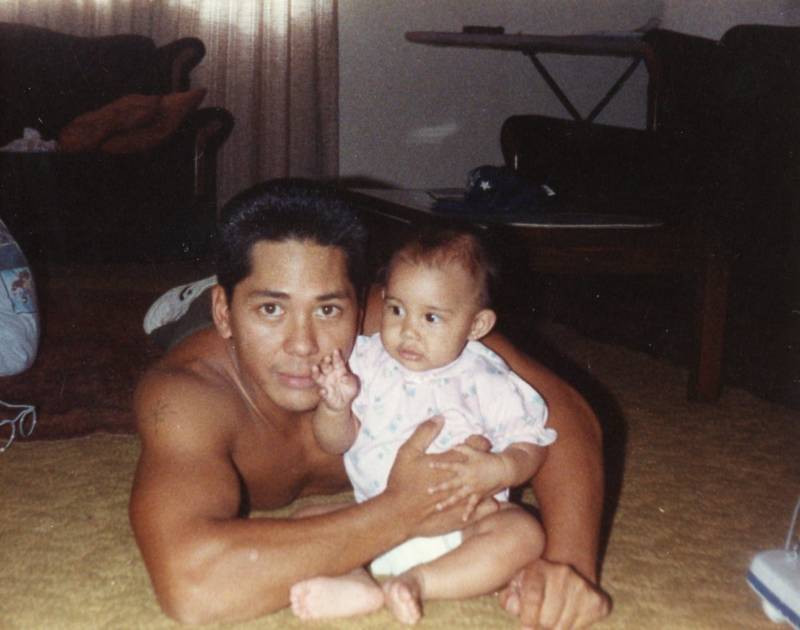My dad once told me the defrost button in our car would eject our seats and detonate the vehicle.
“Why would we want to do that?” I asked him.
“In case we’re trying to get away from someone,” he answered. With mischievous eyes and a lopsided grin, he pretended to rev the engine of our beat-up Datsun.
It didn’t matter where we were, life with my dad was always an adventure. Playgrounds became fortresses, buses became speeding trains. He was a creative jokester who knew how to make magic out of the mundane.
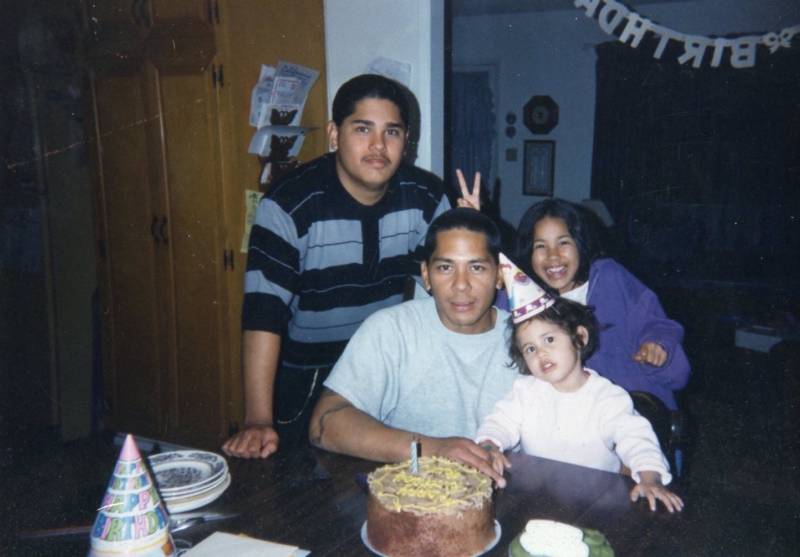
In many ways, we operated as a normal family: The five of us went to Disneyland, we hosted slumber parties, we spent summers at the beach.
But this was only part of the picture. My dad also went in and out of prisons and jails across California. A year out, nine months in, two years out, 13 months in – a constant instability that I had no choice but to accept.
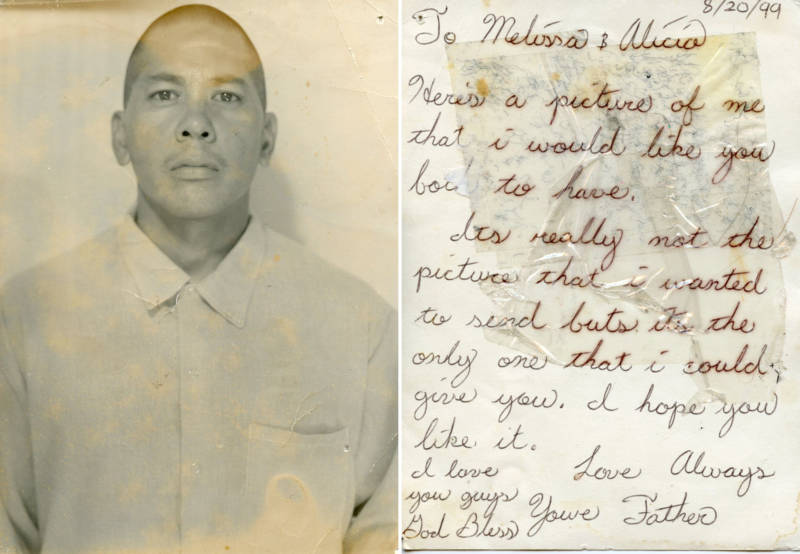
In his absence, I loved harder. I wrote to him constantly, updating him on everything from newly pregnant cousins to schoolyard drama to the daily power struggles in my immediate family.
Every holiday and occasion imaginable was met with a personalized card as we attempted to fill the void of missed life events. During these periods of separation, nothing brightened my day more than seeing that yellow paper with his immaculate handwriting.
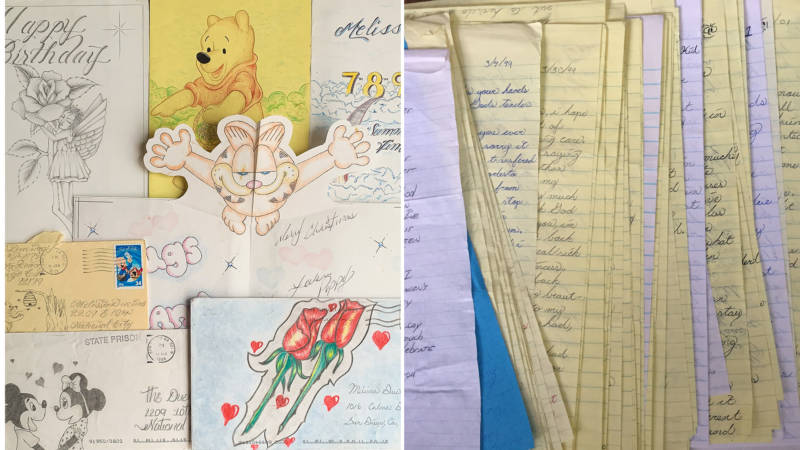
When I was young I didn’t know exactly why he was going away. No one detailed his crimes to me. But why would they? I was a kid. My mom was transparent about the fact that my dad used drugs. I don’t recall at what age I found out. It just seemed like an ever-present fact of his existence.
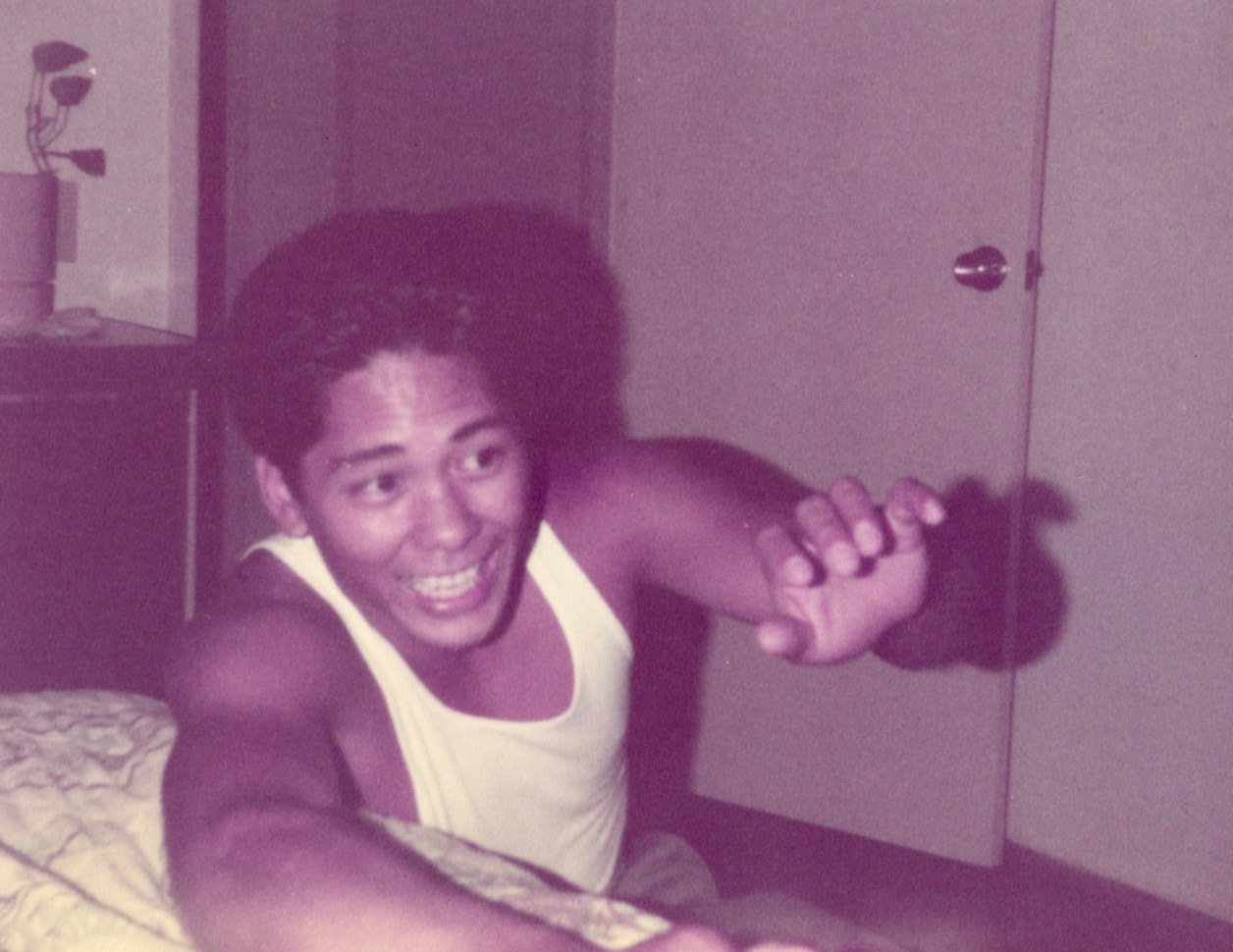
In my teen years I pleaded with him to change, to get clean. My dad wrote apologetically, telling me how he really wanted to change this time. But he didn’t change that time, or the next time or the time after that. His apologies fell flat, his charm faded and his addiction, once limited to heroin, expanded to methamphetamine. By the time I turned 19, I no longer wanted to have anything to do with him.
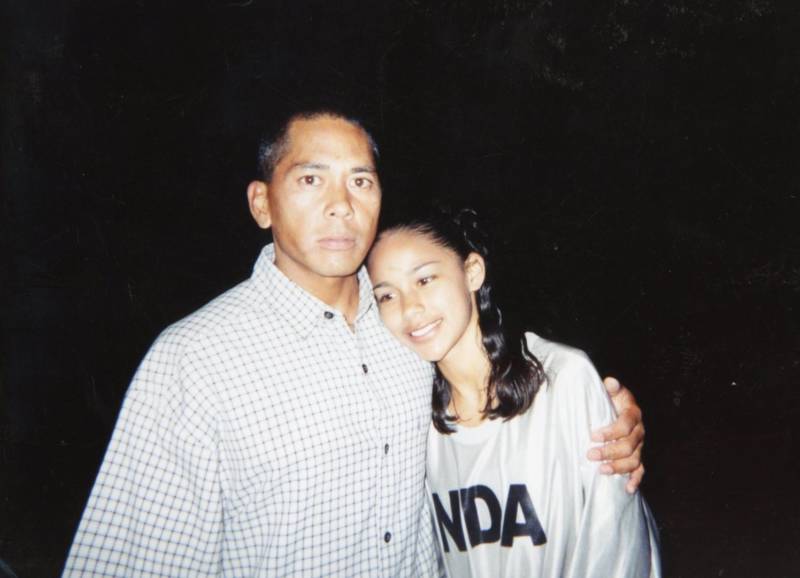
The coexistence of love, pain, nostalgia and trauma is what this story is about — unpacking not only the complexities of my personal relationship with my dad, but that of my immediate family as well.
This is our story — one that I used to view with shame, but now claim as proof of our emotional resilience despite it all.
